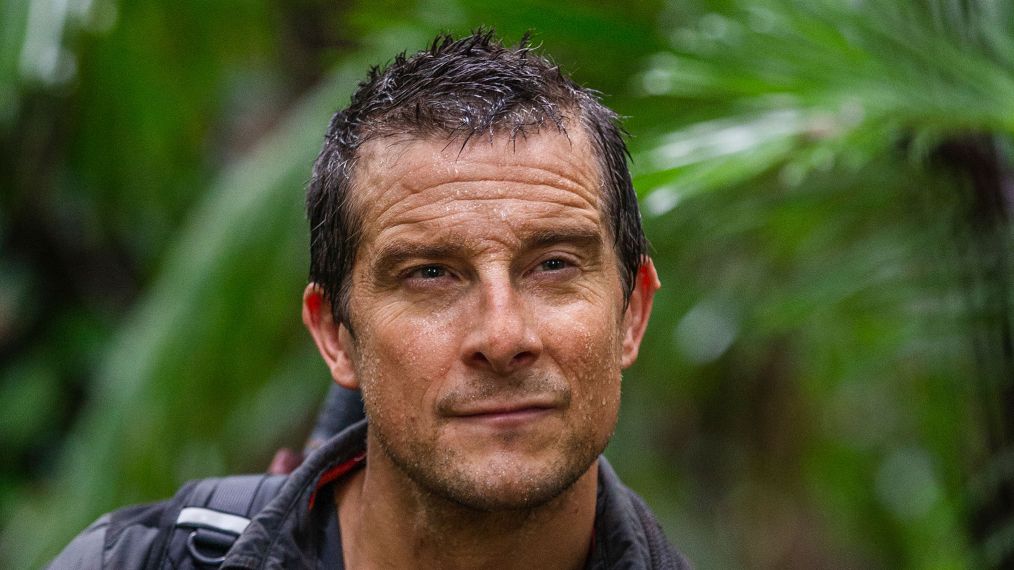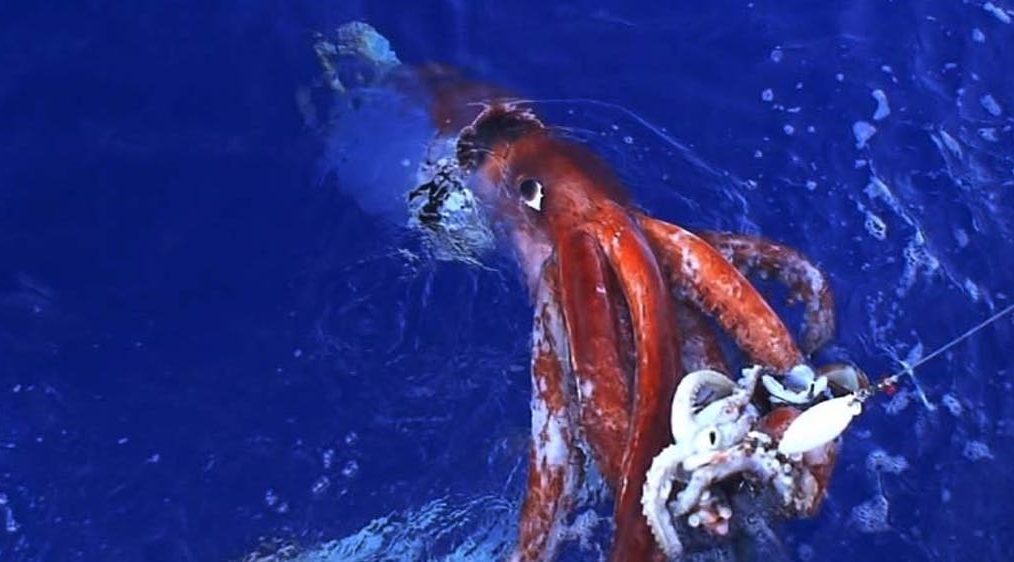‘Hostile Planet’ Host Bear Grylls on Nat Geo’s ‘Brutal’ New Docuseries

Q&A
Barnacle goose chicks follow their mother to food by flying (but mostly falling, stomach-churningly so) off rock pinnacles in Greenland. A Himalayan snow leopard, holding tight to his ibex supper, tumbles almost to his death.
“There is nothing warm and fuzzy about Hostile Planet,” says survival expert Bear Grylls, who hosts and narrates this unflinching six-part look at the animal kingdom’s harsh life, now compounded by climate change.
As with many big-ticket natural history series, the scope is staggering: seven continents, 82 shoots, 1,300 days of filming, 245 crew members. “They were out there six weeks before they could even film one frame to just find these snow leopards,” Grylls notes. Here’s why he answered the call of the wild.
Nat Geo describes this as “not your mother’s nature series.” What can viewers expect?
Bear Grylls: We wanted to show a really raw, edgy side of what animals are battling. I don’t have many TV shows that bring a tear to my eye, but this one really does. Some of the time it’s a good tear — like, “Way to go! I can’t believe you escaped that predator!” Other times it’s harder to watch. You only really see light against dark, so the canvas is quite dark, but the moments of real triumph and power shine bright.
Why is this a project for this era?
What climate change has done is made an almost impossible existence for these animals even harder. There’s a really powerful sequence of hippos looking for the water holes they always go to, and many are dried up. Eventually they find one — but 800 hippos are squashed into this thing. One fights to get in, and they won’t let him. That’s a brutal, hard end of survival and a direct consequence of climate change.
What should we take away from this?
I think the goal is for people to realize the planet is fragile and really hostile in places, but also the resilience of animals is humbling and heartwarming and remarkable.
Hostile Planet, Series Premiere, Monday, April 1, 9/8c, National Geographic
From TV Guide Magazine
Crime, Comedy & Convenience Stores: Unwrapping Hulu's 'Deli Boys' With the Cast
Cupcakes, corndogs…and cocaine?! Two brothers find themselves in a hilarious pickle when they inherit an unseemly bodega biz in Hulu’s new comedy Deli Boys. Find out how The Sopranos and Real Housewives of Orange County influenced the cast. Read the story now on TV Insider.










